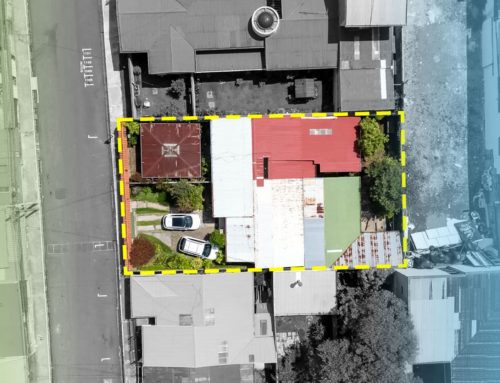Property auctions are a unique opportunity to buy property at a reduced price. However, there are important aspects that you should understand before going through the process of buying a property at auction.
What are the processes involved and what are the key points to consider when attending an auction? In this article we will provide you with these facts so that you can invest wisely.
What are real estate auctions?

A property auction, also known as a judicial auction, occurs when a creditor, which may be a bank or financial institution, sells a property because the owner has defaulted on a loan or mortgage. When a person defaults on a loan or mortgage, the creditor requests that the property be sold at public auction.
A judge conducts this process in order to recover the money owed. In these cases, the owner used the property as security for a loan or mortgage, so it becomes the legal means of paying off the debt.
What does this mean for the owner?
The consequences for the owner of the auctioned property are reflected in their credit history, making it difficult to obtain future loans or financing. This type of process negatively affects their confidence in their ability to make payments and meet deadlines.
Similarly, in some cases, owners who have their property auctioned have to pay the legal or administrative costs associated with the process.

Buying a property at auction
If you want to buy a property that is going to be sold at auction, there are a few things you should be aware of and do your research on:
- Investigate: Find out about the property, visit it if possible and check its physical condition. Also check if there are any outstanding tax or utility debts.
- Public auction date: Courts hold judicial auctions, and court bulletins publish the dates and details of the properties to be auctioned. Interested parties must attend and bid on the date advertised.
- Bidding: Participants submit their bids for the property during the auction. As with all auctions, the highest bidder wins the property. The judge sets the base value and it is important to ensure that you have the necessary capital when bidding.
- Legal formalities: The buyer must pay in full within a certain period of time once the property has been awarded. After this, he/she can register the property in his/her name at the National Registry as the new owner.
Key points to keep in mind
Before deciding to buy a property at auction, you should consider the following issues
- Debts and liens: Check whether the property has other debts that are not covered by the auction, such as condominium fees or back taxes.
- Physical condition of the property: Check that the property is in good or excellent condition.
- Length of occupancy: Some properties remain occupied after the auction. Understand the timeframes and procedures for eviction, as this may involve additional costs and time.
- Capital available: Make sure you have the money to pay for the property within a short time after the auction.

Buying a property at auction can be an excellent opportunity to acquire a property at a low price. However, it is important to do your research and be familiar with the process to avoid any unexpected surprises. At Nativu our properties are carefully selected, so do not hesitate to contact our advisor to find the ideal property for you.








